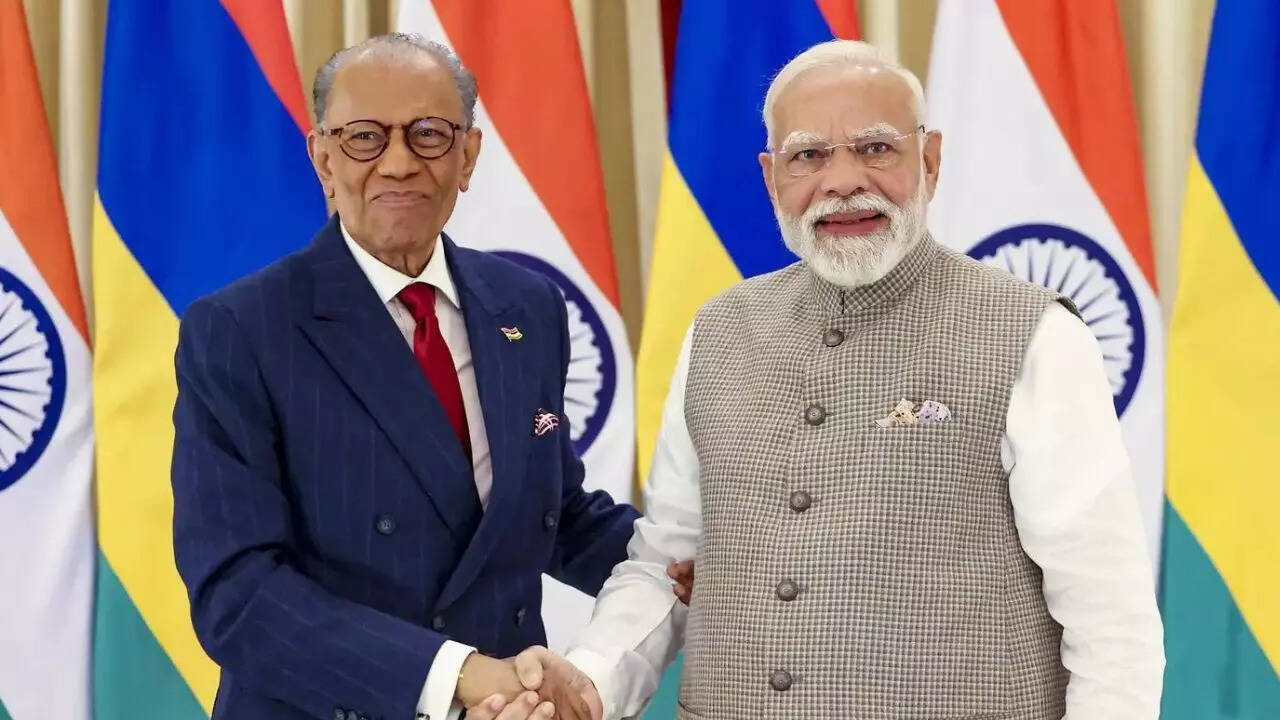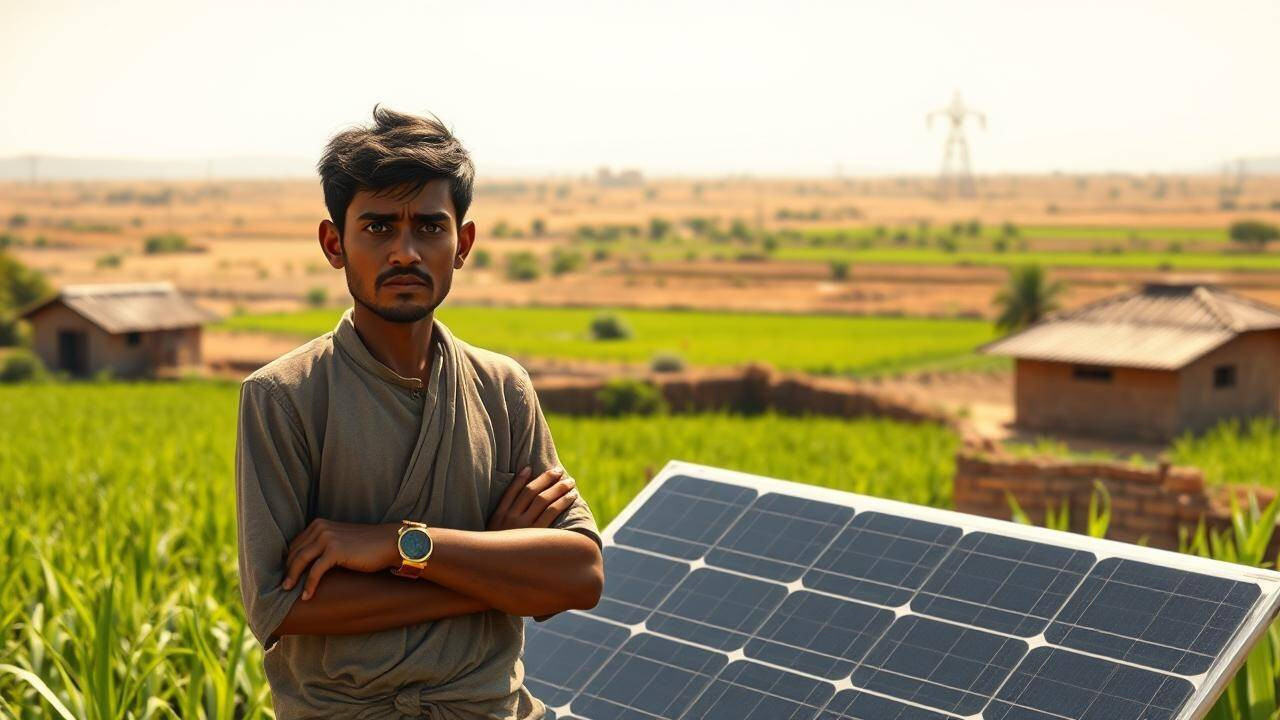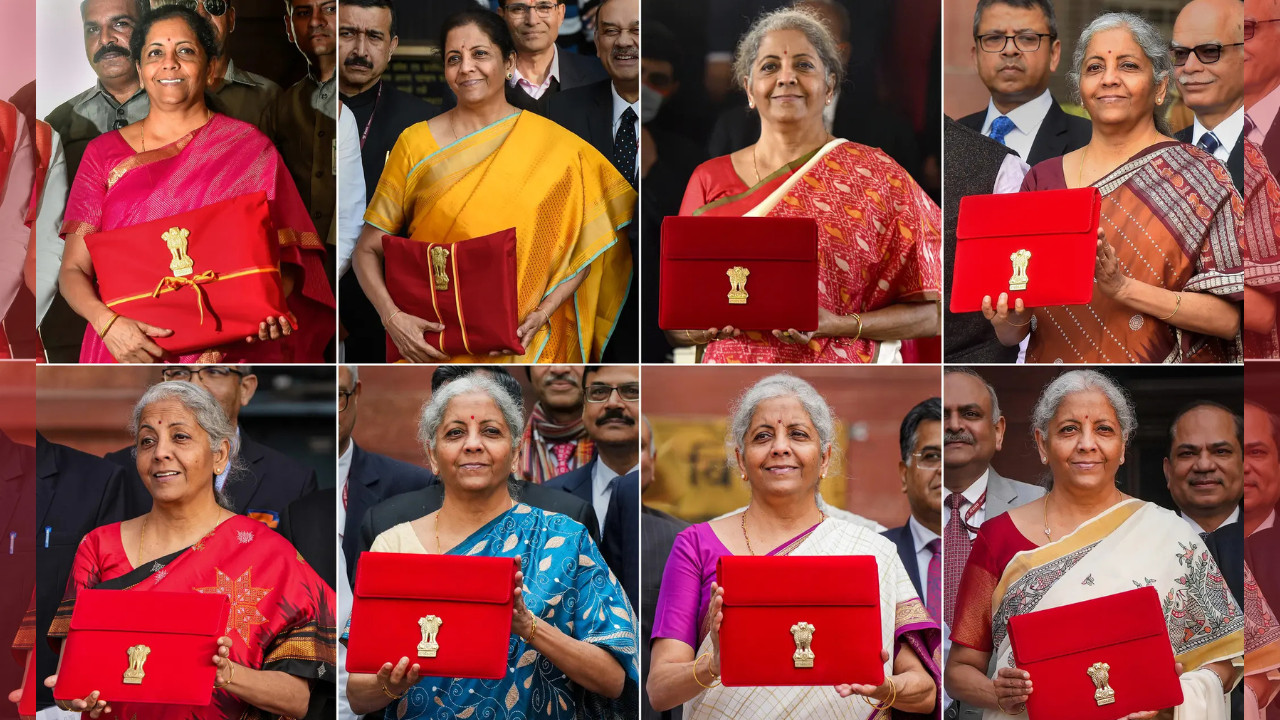India and Mauritius are set to enhance their economic ties by enabling trade in local currencies, as announced by Prime Minister Modi. This initiative builds upon previous collaborations like UPI and RuPay services. India will also provide a Special Economic Package to fund key projects in Mauritius, focusing on healthcare, infrastructure, and renewable energy, strengthening the bilateral relationship.
A Rupee Revolution: India and Mauritius Chart a New Course in Trade
For years, the US dollar has reigned supreme in international trade, the undisputed king of currency exchanges. But could we be on the cusp of a new era, one where local currencies play a much larger role? Recent developments suggest that the tides are turning, and India is at the forefront of this shift.
During Mauritian Prime Minister Pravind Jugnauth’s recent visit to India, a significant step was taken towards strengthening bilateral ties: a strong push for trade in local currencies. This move isn’t just about simplifying transactions; it’s a strategic play with potentially far-reaching implications for both nations and the broader global economic landscape.
The idea is elegantly simple: instead of converting rupees and Mauritian rupees into dollars for every transaction, businesses can directly trade in their respective currencies. Imagine the streamlined efficiency, the reduced transaction costs, and the decreased reliance on a single, dominant global currency. It’s like building a financial bridge directly connecting two economies, bypassing the tollbooth of dollar dependency.
Why Trade in Local Currencies Matters
This initiative isn’t happening in a vacuum. Global factors, like rising geopolitical tensions and increasing concerns about the stability of the dollar-dominated system, are creating a fertile ground for alternative trade mechanisms. For India, promoting trade in rupees aligns perfectly with its ambition to become a global economic powerhouse. It’s a way to internationalize the rupee, boosting its prominence and acceptance on the world stage.
For Mauritius, a small island nation heavily reliant on imports, the benefits are equally compelling. Trading in local currencies reduces their vulnerability to dollar fluctuations and enhances their financial autonomy. It’s about taking control of their economic destiny and building resilience in an increasingly uncertain world.
The benefits extend beyond the purely financial. By reducing transaction costs and simplifying trade processes, this initiative can unleash a wave of new economic opportunities for businesses in both countries. Imagine smaller enterprises, previously deterred by the complexities of international trade, now able to easily participate in the global market. This could lead to a surge in cross-border investment and innovation, fostering economic growth and creating jobs.

A Special Package to Boost Trade
The push for rupee trade was unveiled as part of a broader special package designed to further strengthen the relationship between India and Mauritius. This comprehensive package includes measures to enhance cooperation in various sectors, from infrastructure development to technology transfer. It’s a holistic approach that recognizes the interconnectedness of trade, investment, and economic growth.
One key aspect of the package is the focus on promoting digital payments and financial technology. By leveraging innovative technologies, both countries aim to create a more efficient and transparent trade environment. This could involve the development of digital platforms that facilitate rupee-denominated transactions and provide real-time exchange rates.
This initiative builds on existing strong ties between India and Mauritius. For years, the two countries have enjoyed close political, economic, and cultural relations. The move towards local currency trade is a natural progression, reflecting a shared commitment to deepening cooperation and building a more prosperous future. This is an evolution of economic strategy, strengthening ties through the simplification of trade with trade in local currencies.
Looking Ahead: The Ripple Effect
While the initial focus is on India-Mauritius trade, the potential ripple effect of this initiative is significant. If successful, it could serve as a model for other countries looking to reduce their reliance on the dollar and promote trade in their own currencies. This could lead to a more multipolar global financial system, where multiple currencies play a significant role in international trade.
Of course, there are challenges to overcome. Implementing such a system requires careful coordination, robust infrastructure, and a high degree of trust between the participating countries. But the potential rewards are immense, and the momentum behind this initiative is undeniable.
The move toward trade in local currencies represents a bold step towards a more equitable and resilient global economic system. It’s a testament to the growing strength and influence of emerging economies like India and their willingness to challenge the status quo. The initiative holds enormous promise, and its success could pave the way for a new era of international trade, one where local currencies play a central role.
By embracing innovation, fostering collaboration, and challenging conventional wisdom, India and Mauritius are charting a new course in trade, offering a glimpse into a future where the global financial landscape is more diverse, more resilient, and more inclusive. This marks a significant turning point, paving the way for enhanced economic cooperation and a stronger, more independent financial future for both nations.







